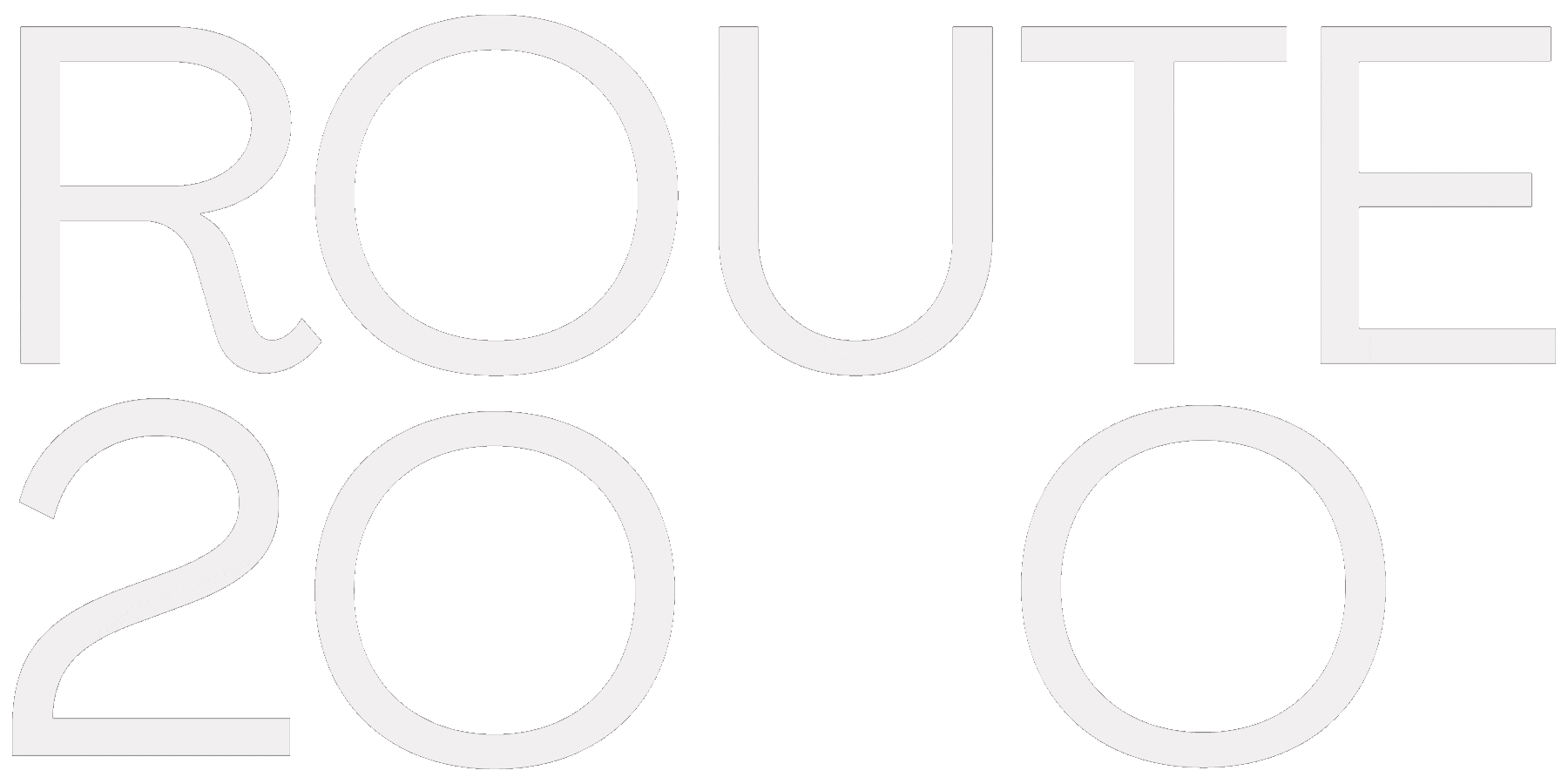
How do you build internal expertise in sustainability? The story behind the Train-the-Trainer program with the VUB
Free University of Brussels


The VUB wanted to strengthen its sustainability ambitions with internal expertise. Route 2030 developed a Train-the-Trainer program focusing on double materiality analysis, enabling staff to conduct their own analyses and more deeply embed sustainability in education, research, and policy.
If a university truly wants to embed its sustainability ambitions, simply reporting isn't enough. Knowledge must be built, shared, and supported by the people who are at the helm every day. That was precisely the ambition of the Vrije Universiteit Brussel (VUB) .
The VUB strives to operate within planetary boundaries, aims to be CO₂ neutral by 2050, and dreams of a university that not only teaches about sustainability but also lives it . To support these ambitions, the university decided to strengthen its internal capacity through a Train-the-Trainer program focusing on double materiality analysis , in collaboration with Route 2030.
Why a double materiality analysis became important for the VUB
More and more organizations—including academic institutions—are required to make their sustainability performance transparent and transparent. A dual materiality analysis is an essential tool for this. It combines two perspectives:
inside-out : how does the university influence people, the environment and society?
outside-in : how do sustainability risks and trends affect the university itself?
The VUB did not want to outsource this expertise, but to keep it in-house , embedded in research, education and policy.
How Route 2030 shaped the Train-the-Trainer trajectory
Route 2030 worked closely with the VUB sustainability team throughout this process. The approach was hands-on, in-depth, and designed to empower employees.
We provided:
methodologies and formats to systematically build a double materiality analysis
workshops in which theory was linked to concrete exercises
tools that employees can use independently for future analyses
coaching and sparring moments so that the team can continue with confidence
A VUB employee put it nicely:
"Route2030 gave us the tools and confidence to start our materiality exercise ourselves. This train-the-trainer approach is unique."
What the trajectory yielded for the VUB
The result of this process goes beyond a single analysis.
The VUB now has:
internal expertise to perform double materiality analyses yourself
a sustainability approach that is more widely supported within services, research and education
employees who know how to connect data, stakeholders and strategic insights
a strong foundation for future sustainability policy, scientifically substantiated and internally anchored
In short: a university that not only shows ambition, but also has the skills to realize that ambition .
How this fits within the broader VUB mission
The VUB is building a university that:
keeps its own impact within planetary boundaries
wants to be a CO₂-neutral organization by 2050
sustainability interwoven in education, research and daily operations
wants to inspire employees and students to help build system change
The Train-the-Trainer program fits seamlessly with this vision: it strengthens the self-reliance, scientific depth, and strategic clout needed to tackle major societal challenges.
A sustainable transition requires knowledge that grows from within. By investing in internal capacity, the VUB created a sustainable foundation for its materiality analyses and its broader transition strategy. With this process, the university demonstrated that true change starts not only with ambitions, but also with people who have the expertise to realize those ambitions .
👉 Does your organization also want to build internal expertise in materiality, sustainability, or strategic SDG integration? Route 2030 develops Train-the-Trainer programs that anchor knowledge and strengthen teams. Contact us for an exploratory meeting.

